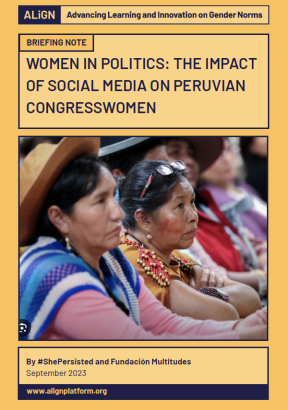- Briefing paper
- 2 October 2023
Women in politics in Zimbabwe: how gender norms are fueling online violence
- Published by: ALIGN, Nehanda Centre for Gender and Cultural Studies
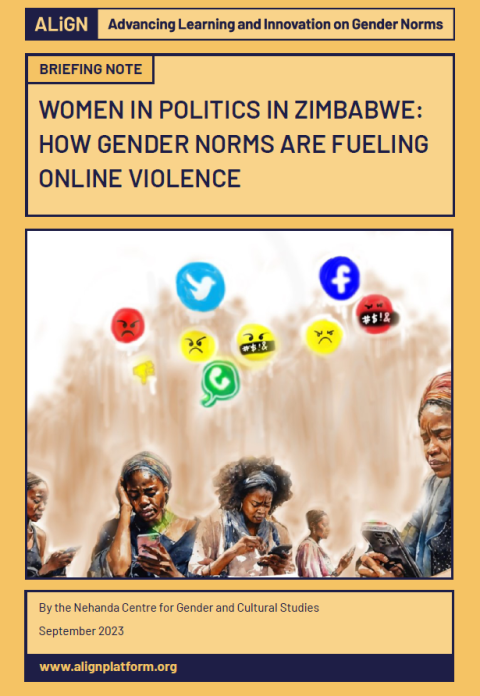
While there have been significant strides in increasing the number of women in political leadership, women’s political participation in Zimbabwe remains low. Social media has been viewed as a means of increasing participation through campaigning and for increasing one’s profile at low cost. Online violence against women in politics, however, is a grave stumbling block limiting the potential positive impact of social media on women’s political voice.
This study, conducted by the Nehanda Centre for Gender and Cultural Studies, seeks to document the nature of online violence against women who are using social media platforms for politicking and to understand the gender and cultural norms that underpin it. The study evaluates the implications for women’s political participation at both national- and local-level governance and identified coping mechanisms by women politicians and activists, including the use of the 2021 Cyber and Data Protection Act.
The study finds pervasive online violence against women in politics, ranging from sexualised violence to account hacking and misinformation, all contribute negatively to women's emotions and wellbeing. In many cases online violence ultimately results in women deleting their social media accounts, which therefore weakens the entire political system. The study found that the violence stemmed from negative gender and cultural norms relating to women’s roles as mothers or specific body and beauty standards. Although the Cyber and Data Protection Act offers possibilities for tackling online violence against women, the law has yet to be used by women in politics, many of whom have limited knowledge of the Act.
- Tags:
- Political representation and mobilisation, Gender-based violence, Social media, Funding round 4
- Countries / Regions:
- Zimbabwe
Related resources
2 November 2020
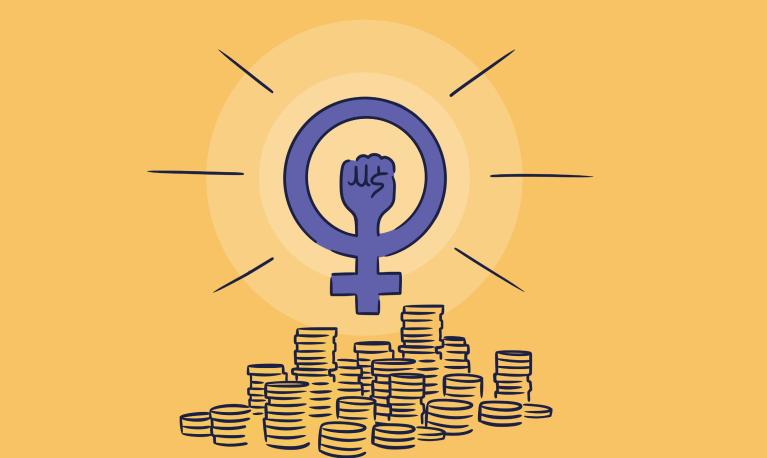
6 July 2023
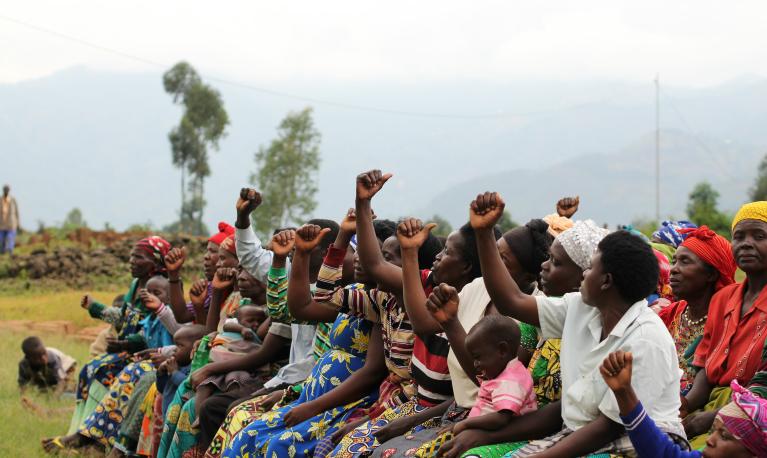
Blog
20 November 2023
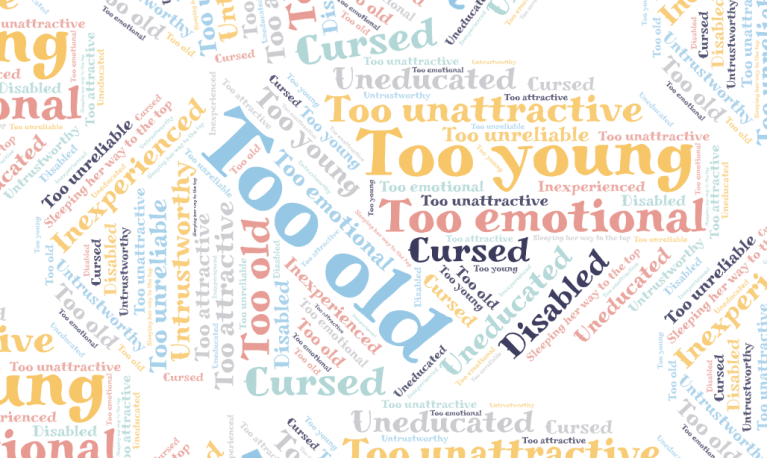
Briefing paper
30 October 2023
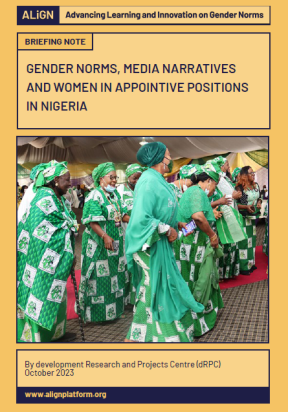
Briefing paper
16 October 2023
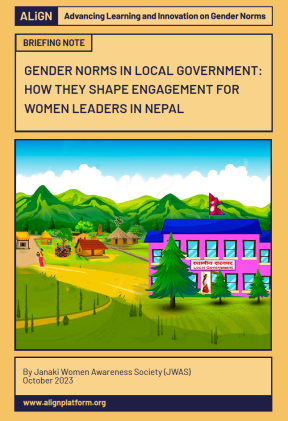
Briefing paper
2 October 2023
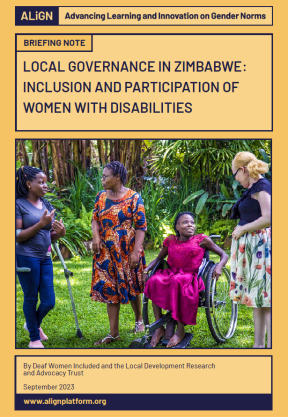
Briefing paper
26 September 2023
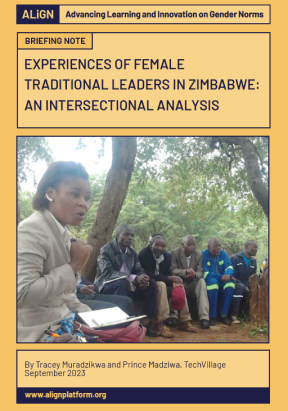
Briefing paper
21 September 2023
